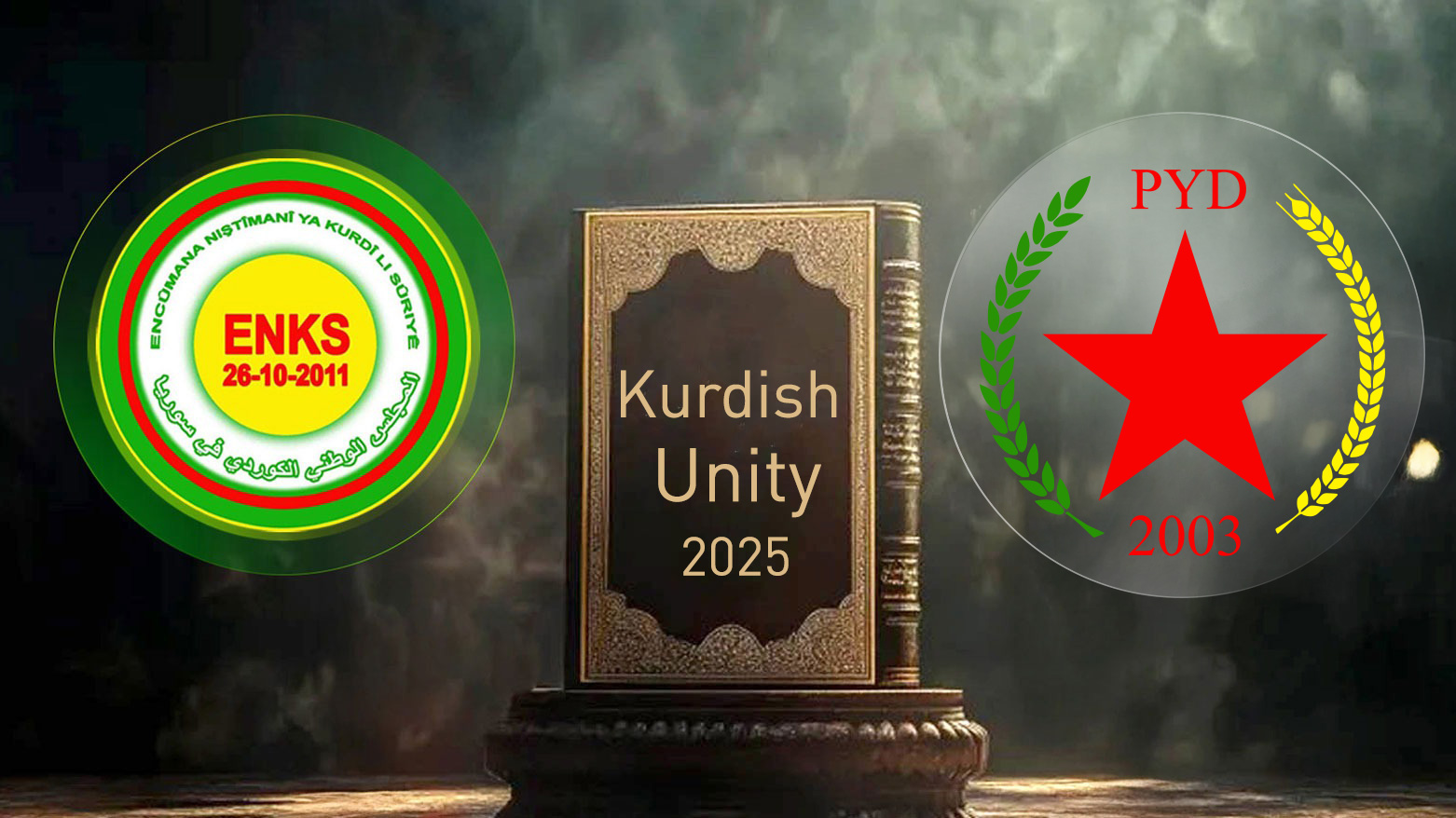KNCS, PYD Hold Talks on Kurdish Unity and Negotiations with Damascus
The meeting was characterized by a positive atmosphere, as discussions focused on establishing a shared Kurdish political vision for Syria.

ERBIL (Kurdistan24) - The Presidency of the Kurdish National Council (KNCS) held a meeting with a delegation from the Democratic Union Party (PYD) on Tuesday , in Hasakah, northeastern of Kurdistan Syria (Rojava). The meeting was attended by Syrian Democratic Forces (SDF) General Commander Mazloum Abdi and the U.S. Special Envoy for the region, Scott Bowles, marking a renewed effort toward Kurdish political unity.
Progress Toward a Unified Kurdish Position
The meeting was characterized by a positive atmosphere, as discussions focused on establishing a shared Kurdish political vision for Syria. Both sides agreed to finalize the remaining steps necessary to complete the agreement and announce it after Nawroz.
According to sources obtained by Kurdistan24, the talks aimed to strengthen Kurdish unity in Rojava and form a joint delegation to engage in negotiations with Damascus on Kurdish political and civil rights in Syria..
SDF commander-in-chief Mazloum Abdi, confirmed in a post on X that the meeting was positive. "The positions and perspectives of both sides were met with satisfaction. This marks the first step in negotiations aimed at achieving Kurdish unity," Abdi said.
The commander also stressed that they are determined to advance the meeting between both Kurdish sides to establish a pluralistic and democratic Syria, where the rights of all components are recognized.
This marks the second meeting within a week between the KNCS negotiating team and SDF Commander Mazloum Abdi, underscoring the intensified efforts to reach a Kurdish consensus before engaging with the Syrian government.
Joint Statement Expected
Following the conclusion of the talks, a joint statement is expected to be released outlining the results and next steps.
This latest round of discussions comes just days after a previous meeting between KNCS representatives and Mazloum Abdi, where they conducted a comprehensive review of Syria’s political landscape and future prospects.
Speaking to Kurdistan24, Faisal Yusuf, KNCS spokesperson, confirmed that both sides had exchanged views on the agreement between Syrian President Ahmed Shara and SDF Commander Mazloum Abdi.
Yusuf further stated that the two parties had reached a mutual understanding on forming a unified Kurdish delegation to initiate negotiations with Damascus regarding Kurdish rights in Syria.
Growing Political Tensions
The meeting between Kurdish political Parties comes at a time of mounting tensions following the Syrian government's recent constitutional declaration, which has drawn widespread criticism.
On Mar. 14, 2025, demonstrators took to the streets in Amuda, a city in Rojava, to protest against the newly issued constitutional document. Protesters denounced its provisions, arguing that it fails to reflect Syria’s ethnic and religious diversity and reinforces the ruling authorities' control without introducing real reforms.
The Syrian government’s announcement of its constitutional declaration on Mar. 13, 2025, has sparked heated debate across the country, particularly among marginalized ethnic and religious communities.
Both the Syrian Democratic Forces (SDF) and the Kurdish National Council (ENKS) have released statements strongly criticizing the constitutional declaration, warning that it falls short of addressing the aspirations of Syria’s diverse population and risks deepening the country’s political and social fractures.
While some view it as a step toward stability, political factions and grassroots organizations have expressed deep concerns over the document’s failure to guarantee equal representation. Critics argue that it exacerbates divisions rather than fostering national reconciliation, with Kurds, Druze, and other communities feeling increasingly alienated.